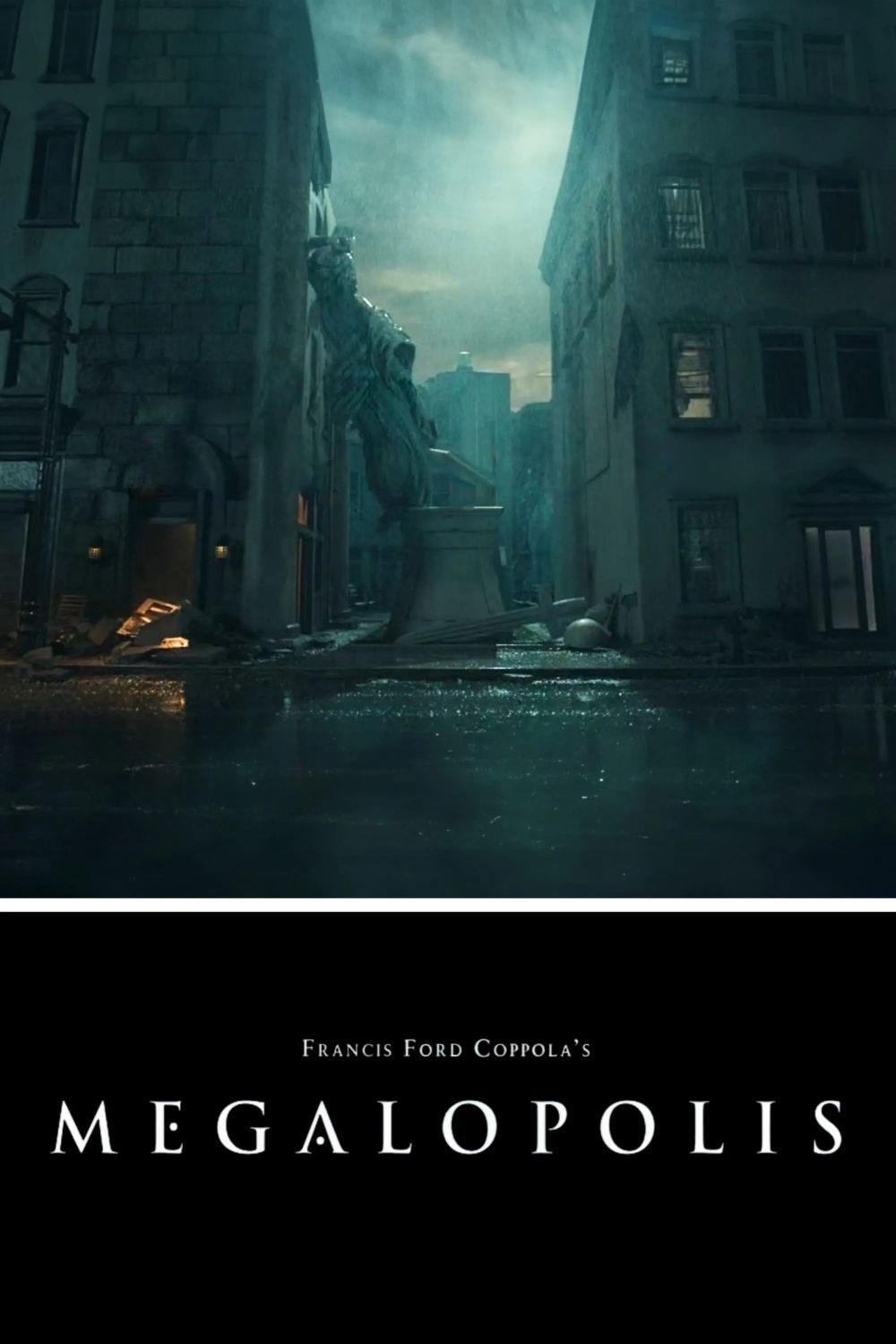Summary
- Francis Ford Coppola screened his latest film to major studio heads, hoping for mainstream distribution and a big marketing campaign. Reactions were not great.
- The film is a complex love story with deep philosophical themes, but distributors are skeptical about its commercial potential and market positioning.
- Coppola’s recent films have been non-commercial and experimental, leaving distributors unsure about how to handle his latest project,
Megalopolis
.
Francis Ford Coppola, the brilliant director of The Godfather and Apocalypse Now, screened his latest, largely self-financed film, Megalopolis, to studio heads on March 28, such as Donna Langley of Universal, Netflix’s Ted Sarandos, and Tom Rothman of Sony. He’s looking for a unicorn — a mainstream distributor that can afford a massive marketing campaign for what is, for all intents and purposes, a giant art film. Based on reactions from that screening, Coppola may be out of luck (though being considered ‘too risky’ for film studios in 2024 is a veritable badge of honor in this culture).
Various outlets have collected the largely anonymous responses from people who were at the screening for the film, which Coppola describes as follows: “It’s a love story. A woman is divided between loyalties to two men. But not only two men. Each man comes with a philosophical principle.” He elaborates :
“One is her father who raised her, who taught her Latin on his lap and is devoted to a much more classical view of society, the Marcus Aurelius kind of view. The other one, who is the lover, is the enemy of the father but is dedicated to a much more progressive ‘Let’s leap into the future, let’s leap over all of this garbage that has contaminated humanity for 10,000 years. Let’s find what we really are, which are an enlightened, friendly, joyous species.”
While Puck has already reported one viewer commenting on “how unflinching in how batsh*t it is” and that it has “zero commercial prospects,” The Hollywood Reporter has now published different reactions to the film from distributors, with people saying:
- “There is just no way to position this movie.”
- “Everyone is rooting for Francis and feels nostalgic. But then there is the business side of things.”
- “I find it hard to believe any distributor would put up cash money and stay in first position to recoup the P&A as well as their distribution fee.”
- “How do you define commercial? You look at movie like Blade Runner and it became so much more commercial than on opening weekend.”
- “It’s so not good, and it was so sad watching it. Anybody who puts P&A behind it, you’re going to lose money. This is not how Coppola should end his directing career.”
2:10
Francis Ford Coppola Reveals First Look at His Sci-Fi Epic Megalopolis
Francis Ford Coppola has at last revealed our first look at his dream project, Megalopolis, starring Adam Driver.
What Did People Expect from Francis Ford Coppola?

It’s interesting that anyone would’ve thought Coppola’s self-financed epic would be straightforward and easily accessible to the mainstream. Firstly, films like The Godfather, The Conversation, and Apocalypse Now were born of a certain moment; in today’s superhero-saturated cinematic landscape, they’d barely break through, or probably wouldn’t be financed to begin with. Second, ever since the 1980s and the death of the auteur movement in Hollywood, Coppola’s vision has hardly been commercial, give or take The Outsiders and Peggy Sue Got Married. Great films like One from the Heart, The Cotton Club, and Rumble Fish were financial disasters.
Plus, have they even seen a Coppola film this century? He’s decidedly anti-commercial. A decade after making his last film of the 20th century, The Rainmaker, Coppola completely reinvented himself as an indie experimentalist. He gave up the pursuit of big budgets and complicated filming schedules for more avant-garde happenings. This resulted in three daring, wonderful but underrated films between 2007 and 2011 — Youth Without Youth, Tetro, and Twixt. Though the films had some big stars (Tim Roth, Vincent Gallo, Elle Fanning, Val Kilmer, Bruce Dern) and gorgeous visuals (from cinematographer Mihai Mălaimare Jr.), they were largely shunned by critics and almost completely inaccessible to audiences.
So we’re not sure what distributors expected, but we are hoping for some brave financier who truly cares about cinema to come along and distribute and promote Megalopolis. Coppola has done enough hard work — let’s reward him.



